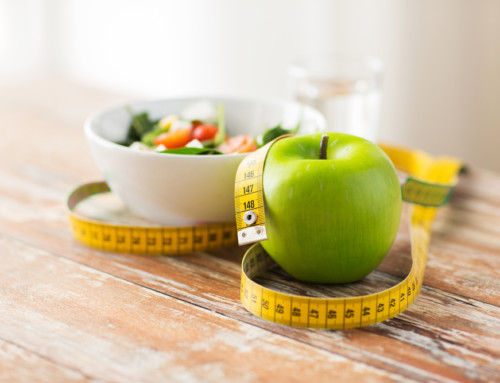 Congratulations, you’re having a baby! If this is your first, you may be feeling a bit nervous since you have not given birth before. No need to worry! There are plenty of people willing to help you.
Congratulations, you’re having a baby! If this is your first, you may be feeling a bit nervous since you have not given birth before. No need to worry! There are plenty of people willing to help you.
Parenting Classes
If you’ve never driven a car you take driving lessons; the same goes for parenting. Find out about parenting classes near you to get practice before the baby comes. This way you won’t feel like such a novice when the big day arrives. Ask about classes at the hospital where you plan to give birth, your doctor, or you can even find some online.
How to Stay Healthy
The best way to stay healthy is regular doctor visits throughout your pregnancy. Your doctor will remind you not to use alcohol, tobacco, or drugs during your pregnancy. Sorry to break it to you, but as your weight increases so does your chance of experiencing hemorrhoids, constipation, and back pain. Oh my!
When you’re pregnant you can’t take many medicines, but you can supplement the natural way with vitamins and herbs. For morning sickness or nausea, most common in your first trimester, drink ginger root herb tea to settle your stomach or take vitamin B-6, 10 to 25 milligrams three to four times a day, as needed. Make sure you get plenty of vitamin C and omega-3 fatty acids because low levels of these two can lead to sensitive gums and joint pain. Ask your doctor about taking a prenatal multivitamin and mineral supplement that contains iron (30 milligrams once daily) and B-complex vitamins, with folic acid (400 micrograms daily). Vitamin D prevents several problems during pregnancy and reduces the risk of low-birth-weight. Ensure you take vitamins that are in an emulsified form, because they are more readily absorbed into the bloodstream.
Eat A Variety of Foods
Even though you can eat more now – approximately 300 extra calories per day, there are certain things to avoid, none of which sound very appetizing anyway:
- artificial sweeteners
- raw sprouts
- most soft cheeses
- large fish (due to mercury)
- undercooked meat
Some women develop gestational diabetes during pregnancy, so eat whole grains, vegetables, and fruit to get your fiber. Diverse produce choices will help you get enough nutrients. A baby’s brain needs omega-3 fatty acids so if you don’t want to eat small stinky fish during pregnancy, take a supplement. Not that you’ll have a desire for it, but do not take cod-liver oil especially during your first trimester because it’s high in vitamin A and retinol, which can be dangerous to your baby.
Yes, You Can Keep Exercising
Now is not the time to start marathon training or weight lifting, but if you are in decent physical shape you can continue to exercise throughout most of your pregnancy. As a matter of fact, it can help you feel better especially if you’re used to exercising already. Here is a direct quote and you know it’s in writing because someone somewhere tried it – “make sure to avoid high-risk or contact sports”. Good suggestion! If you suddenly feel the urge to start hang gliding or playing tackle football – resist.
What you want to do during pregnancy is maintain your current level of fitness. Start with 15 minutes of continuous low-impact activity, walking, or swimming—three times a week. Add light resistance training so you don’t lose muscle mass. After 16 weeks, do not do any exercising on your back because it can slow blood flow to your heart and cause dizziness. Ensure your workout moves can translate to standing, being on all fours, or on an incline.
Enjoy Your New Life
This is a joyous time for you and we want you to feel your best throughout all phases of your pregnancy. Eating right, maintaining good health through exercise and proper eating habits can help you and your baby have a happy and healthy pregnancy and life.





